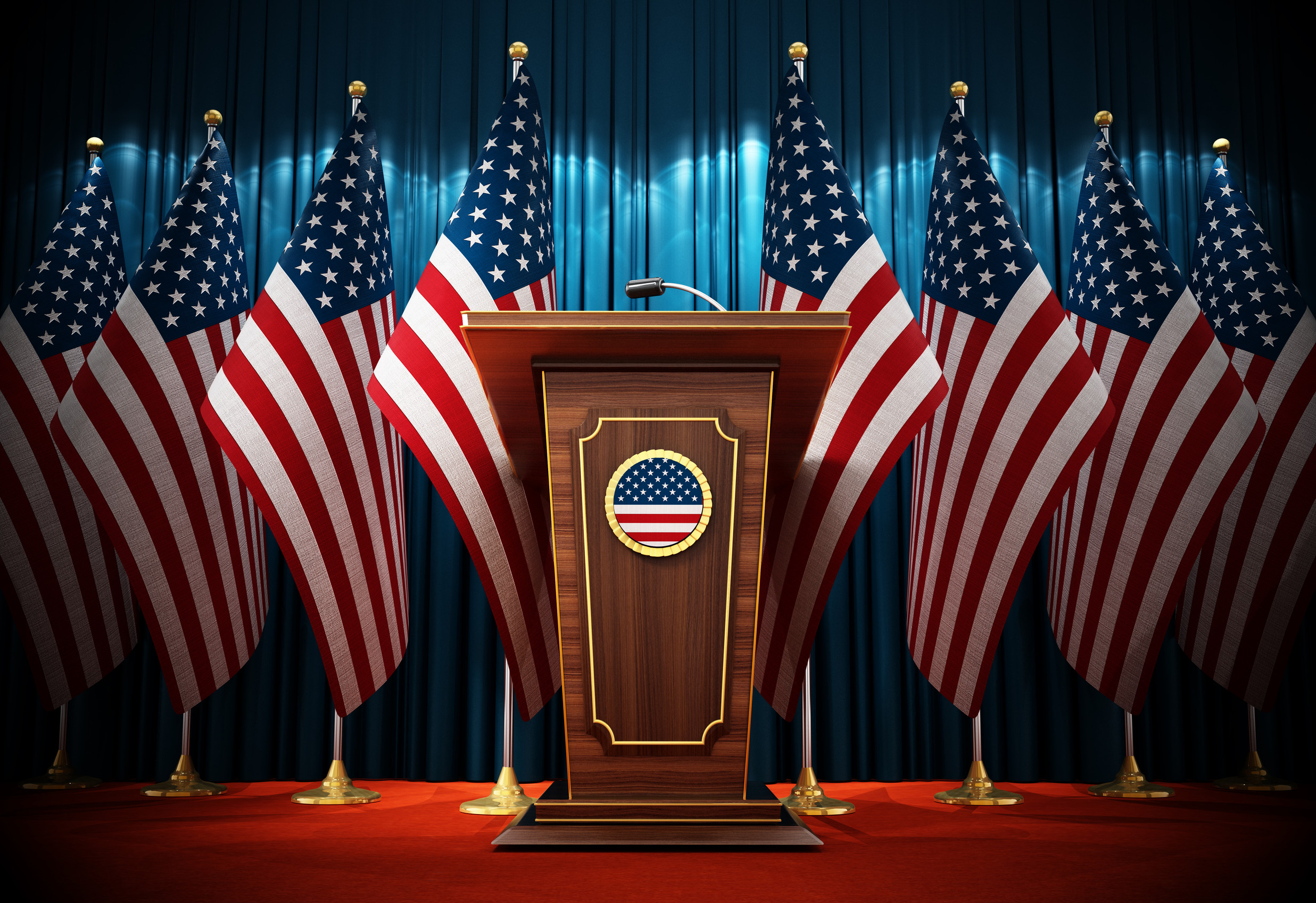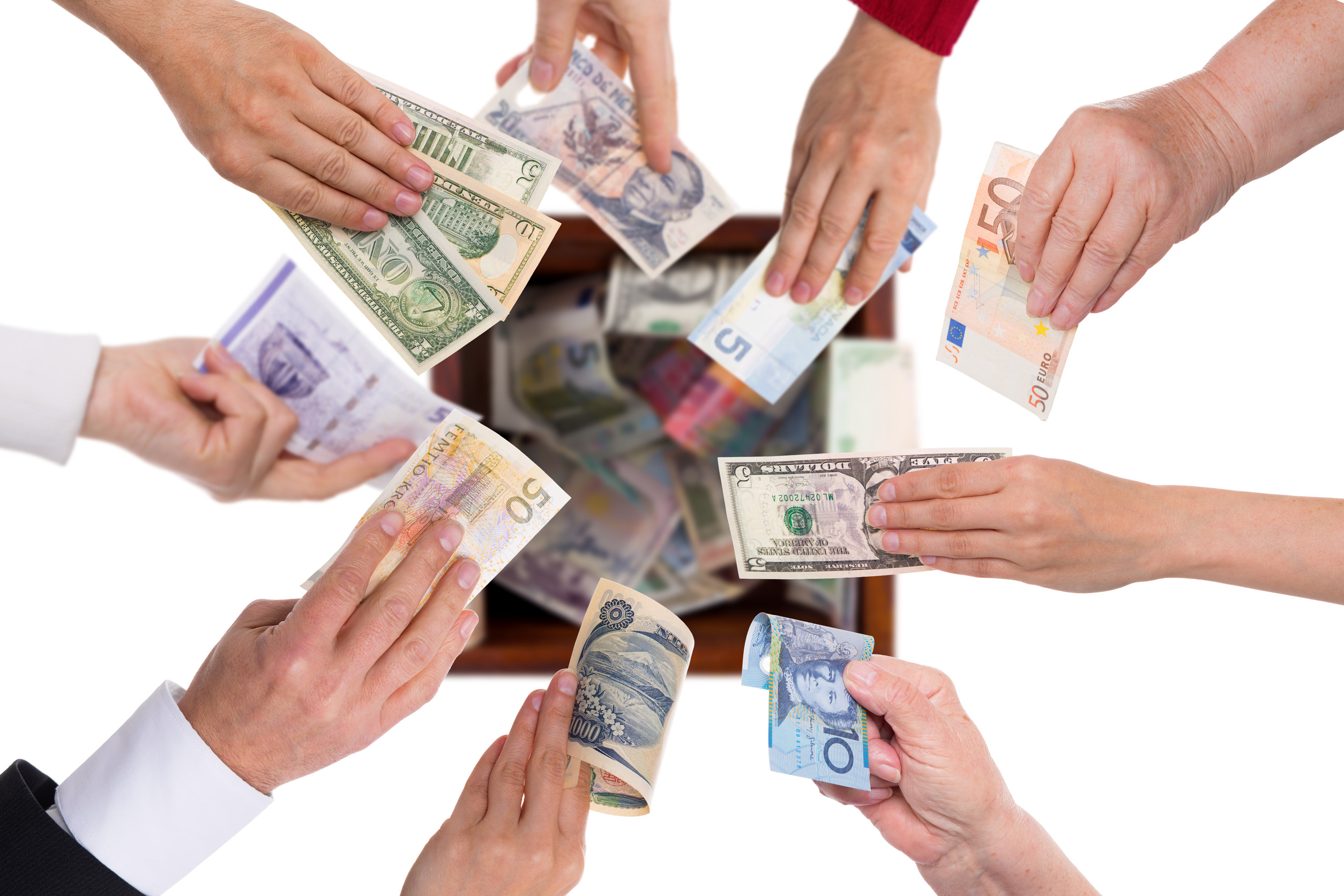
Money talks in politics, but greed shouts. Campaigns aren’t just fueled by passion and speeches—they’re powered by deep pockets with hidden agendas.
Behind every polished candidate shaking hands on TV, there’s a network of donors pulling strings in back rooms. The glossy campaign ads? They don’t pay for themselves. What fuels the whole machine is the relentless hunger of people and corporations who see elections as investments rather than civic duties.
The Power of the Checkbook
Political donations aren’t just friendly contributions—they’re strategic moves on a massive chessboard. A giant check doesn’t simply buy goodwill; it buys access, influence, and sometimes a politician’s entire ear. Wealthy donors know that supporting a campaign means their calls will get returned faster than a voter waiting in line at the polls. Greed ensures the donations keep flowing, as both donors and politicians expect returns on their exchange. It’s less about democracy and more about calculated investments with high political yield.
Corporations as Silent Puppeteers
Corporations rarely write checks out of kindness; they write them to tilt policies in their favor. A donation is often less about supporting a candidate’s ideals and more about ensuring tax breaks, favorable regulations, or new loopholes. When money changes hands, boardrooms often whisper louder than citizens in town halls. Greed pushes corporations to view democracy like a business portfolio, hedging bets on candidates most likely to boost profit margins. The voters may elect, but the corporations bankroll the rules of the game.
The Hidden Currency of Access
Behind closed doors, donations often translate into face time that ordinary voters never get. Politicians prioritize private dinners with big contributors while everyday constituents settle for form letters. Greed thrives in this imbalance, turning political access into a luxury item for sale. The bigger the donation, the easier it is to slip through the velvet rope of policymaking. To the donor, the true return on investment isn’t just laws but being heard when others are silenced.
Super PACs: Greed on Steroids
When Super PACs entered the arena, the floodgates of money burst open. They allow virtually unlimited spending under the guise of “independent” political support. Greed fuels these war chests, transforming campaigns into high-stakes bidding wars. Candidates no longer need to ask for donations politely when mega-donors can fund entire ad campaigns. The result is a political system where the loudest voices are those who can outspend everyone else.
Small Donors, Big Contradictions
Campaigns love to showcase small-dollar donors, but the truth is those contributions are often dwarfed by massive checks. While grassroots giving makes for great PR, it rarely shapes the actual strategy. Greed ensures that the real weight still rests on those who can bankroll events, media blitzes, and policy influence. Candidates may thank everyday supporters on camera, but behind the scenes, they’re courting billionaires. It’s a contradiction that underscores just how uneven the political money game is.

Politicians Playing the Game Too
It’s not just donors who chase returns—politicians do, too. Candidates learn quickly that their survival depends on keeping big money happy. Greed motivates them to align platforms with donor interests, even when it alienates voters. Campaign promises can shift subtly when contributions start rolling in from the “right” industries. The line between public service and profit-driven performance blurs faster than most people realize.
The Revolving Door of Influence
Greed doesn’t stop once the campaign ends; it follows politicians into office. Former lawmakers often step into lucrative lobbying jobs, cashing in on connections built through donor relationships. Donors, in turn, keep investing, knowing policy hands can turn into hired hands later. The cycle is self-perpetuating, a merry-go-round powered by money and mutual benefit. Voters may see a politician leave Congress, but corporations see an asset changing roles.
The Media’s Price Tag
Campaign ads, debates, and flashy events aren’t free—they’re funded by deep wells of cash. Greed shapes which candidates can afford to dominate the airwaves and which fade into obscurity. Media outlets profit enormously from this constant spending, creating an ecosystem where money equals visibility. Donors understand this and pour funds into candidates who can saturate screens. The cycle turns politics into a commercial enterprise with greed as its invisible producer.
When Greed Meets Policy
Donations don’t just influence campaigns—they ripple into actual policies that impact millions. From tax codes to environmental regulations, laws are often written with donor interests in mind. Greed ensures politicians prioritize the hands that feed their campaigns over the hands that cast ballots. Policy becomes less about solving problems and more about rewarding investors. The consequences shape everything from healthcare to energy prices, even if voters never see the connection.
Public Outrage and the Illusion of Reform
Every election cycle sparks frustration over money’s grip on politics, but reform rarely sticks. Donors find new loopholes faster than lawmakers can close them. Greed drives innovation in political financing, from shadow groups to complex fundraising networks. Outrage may dominate headlines, but the system quickly adjusts to keep the money flowing. Voters demand fairness, yet the structure is built to favor those with the deepest pockets.
The Cost of Greed in Democracy
Political donations aren’t simply checks—they’re investments in power, access, and influence. Greed turns democracy into a high-priced marketplace where policy is often for sale. While voters cast ballots, it’s money that lubricates the gears of political machines. The result is a democracy that looks equal on paper but tilts heavily behind the curtain. What’s your take—should political donations be reined in, or is this just the reality of modern politics? Share your thoughts below.
You May Also Like…
9 Politically Correct Ways to Say “No” When Your Boss Asks You to Work Late
10 Political Ads That Have Been Banned in Other Countries
10 Political Scandals That Shattered Public Trust for Good
7 Times Fireside Talks About Money Backfired Due to Legal Fine Print
What Local Governments Are Doing With Unused Burial Plots
The post How Greed Shapes Political Donations Behind the Scenes appeared first on Everybody Loves Your Money.







